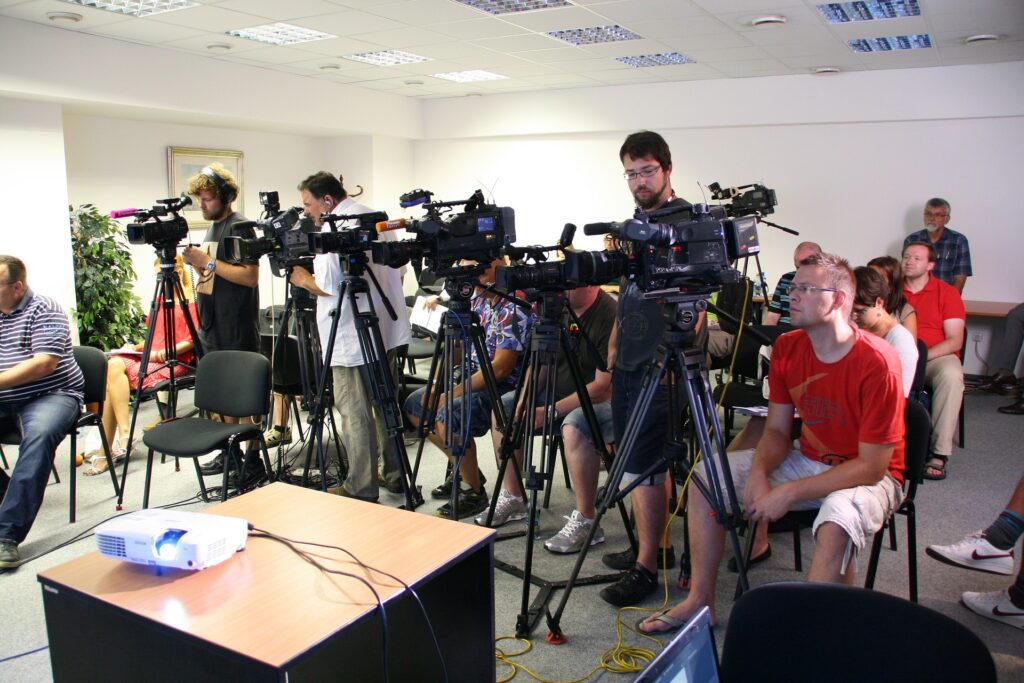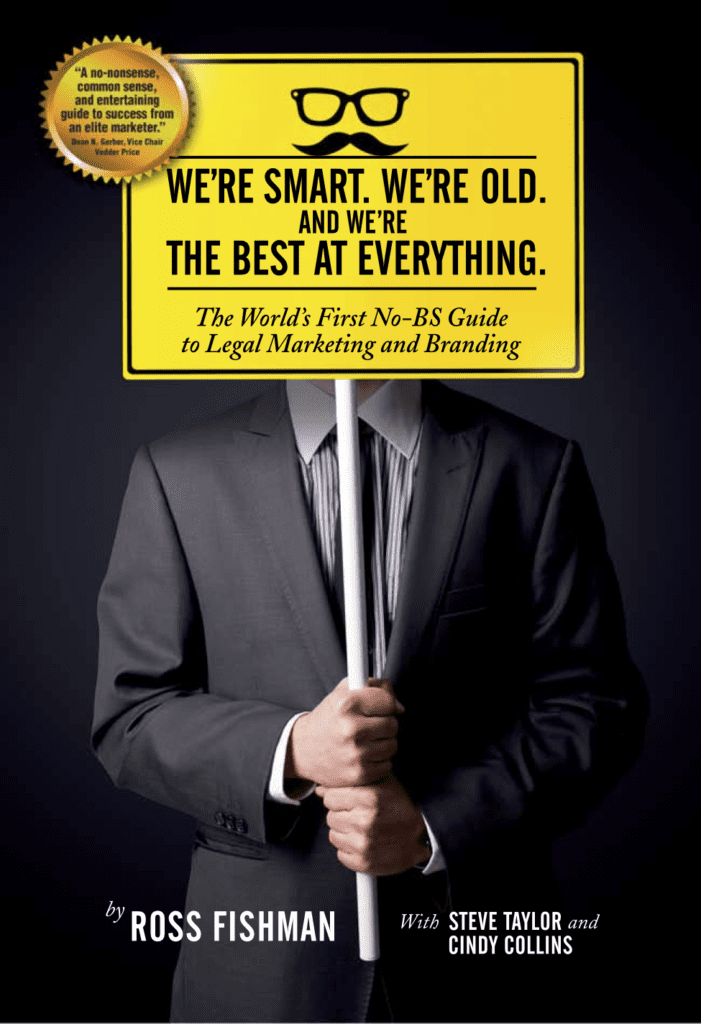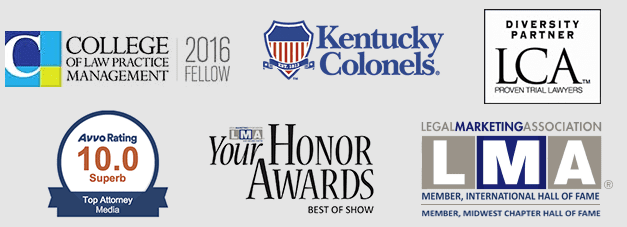Social media makes trial publicity so easy. Be careful.
Public relations professionals play a crucial role in publicizing their law firm clients’ trials, but they must also be mindful of the ethical considerations involved. Publicists have a responsibility to balance their clients’ desire for publicity with their clients’ ethical obligations to maintain the integrity of the legal profession. Rule 3.6’s primary purpose is to provide a party the right to a fair trial.
This conduct is largely covered by Rule 3.6 “Trial Publicity,” which states:
“(a) A lawyer who is participating or has participated in the investigation or litigation of a matter shall not make an extrajudicial statement that the lawyer knows or reasonably should know will be disseminated by means of public communication and will have a substantial likelihood of materially prejudicing an adjudicative proceeding in the matter.”
In this blog post, we will discuss nine professional marketing-ethics mistakes publicists can make regarding trial publicity under the ABA Model Rules of Professional Conduct. The specific rules and their local interpretation vary by state, so be sure to understand your state’s local rules.
Further, NYBA Comment 6 to Rule 3.6 notes that criminal cases are more susceptible to prejudice by extrajudicial statements than civil cases: “Criminal jury trials will be most sensitive to extrajudicial speech. Civil trials may be less sensitive. Non-jury hearings and arbitration proceedings may be even less affected.”
- Making Extrajudicial Statements to the Media: For example, a publicist giving an interview to a newspaper in which they disclose confidential information about their client or their case. Rule 3.6(a) of the ABA Model Rules, “Trial Publicity,” prohibits lawyers and non-lawyers, including in-house marketers or outside PR agencies (together “publicists”), from making extrajudicial statements that will have a substantial likelihood of materially prejudicing a trial. Of course, Comment 6 to Rule 3.6 recognizes that jury trials likely are more susceptible to prejudice than non-jury trials. Experienced judges don’t fall for that nonsense.
- Making Statements that Could Influence the Jury: For instance, a publicist making a statement to the media that is intended to appeal to a jury’s emotions. Rule 3.6(a) prohibits lawyers and non-lawyers, including publicists, from making statements that have a substantial likelihood of materially prejudicing a trial. A non-lawyer’s behavior on behalf of a lawyer, is attributable to the lawyer.

- Engaging in Conduct That Prejudices the Fairness of the Adjudicative Proceeding: Releasing information that could unduly influence potential jurors or witnesses, is an ethical violation. For example, a publicist shares information about a case that could influence a potential witness to change their testimony or provides evidence they know would be inadmissible during the trial.
- Making Statements About the Credibility of a Witness or Evidence: For instance, a publicist tells the media that a witness is lying or claims that certain evidence is fake, if it could have a substantial likelihood of materially prejudicing a trial, under Rule 3.6(a).
- Commenting on the Merits of the Case: For example, a publicist gives an interview to a news outlet and discusses the strengths and weaknesses of their client’s case in a way that could unduly prejudice the public’s perception of the case. A lawyer should not comment on a central fact issue that is going to be determined by a judge or a jury. Rule 3.6(a).
- Disseminating False Information: For instance, in giving a media interview to a popular blog, a lawyer or marketer makes a false statement about a client’s case that could materially prejudice a trial. Note that a misstatement made long before trial will be considered less prejudicial than one on the eve of trial or jury selection.
- Using Social Media to Influence the Outcome of the Case: For example, a publicist posting information about their client’s case on Facebook, Twitter, or other social media platform in a way that could influence potential jurors or witnesses.
- Creating False Impressions: For instance, a publicist stages a fake protest outside the courthouse to create the impression that their client’s case has widespread public support. Rule 3.6(a)
- Offering to Pay for Testimony or Evidence: For example, a publicist offers to pay a witness for favorable testimony or purchases evidence from someone. Rule 3.4, “Fairness to Opposing Party and Counsel,” prohibits offering to pay any person for testifying or providing evidence. Comment 3 to Rule 3.4 advises that it is not improper to pay a witness’s expenses, but “the common law rule in most jurisdictions is that it is improper to pay an occurrence witness any fee for testifying.…” There’s too much risk of creating false evidence.
In conclusion, public relations professionals play an important role in trial publicity, but they must also be aware of the ethical considerations involved in promoting their clients’ cases. By avoiding these marketing-ethics mistakes and adhering to Rule 3 of the ABA Model Rules of Professional Conduct, publicists can effectively promote their clients’ cases while maintaining the integrity of the legal profession.
Will you need a new brand, website, or training for your firm?
Contact Ross now at: ross@fishmanmarketing.com or +1.847.921.7677.
Download a free PDF copy of his best-selling strategy and branding book, “We’re Smart. We’re Old. And We’re the Best at Everything.” here or buy a paperback on Amazon here.
Do your lawyers need marketing training or a dynamic speaker at a firm retreat, either live or via webinar? Ross is one of the legal profession’s most-popular marketing and ethics CLE presenters. Here’s a link to a video of Ross in action, and a list of 25 of today’s hottest law firm marketing training topics.



